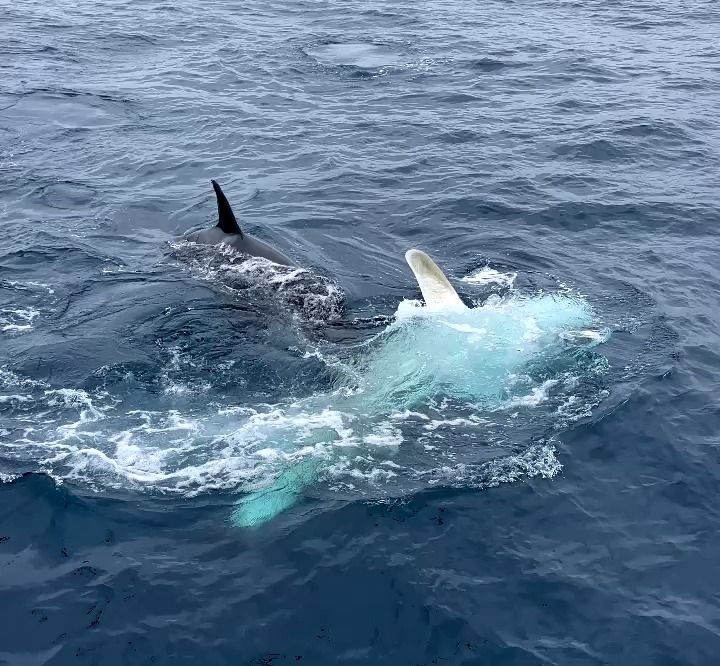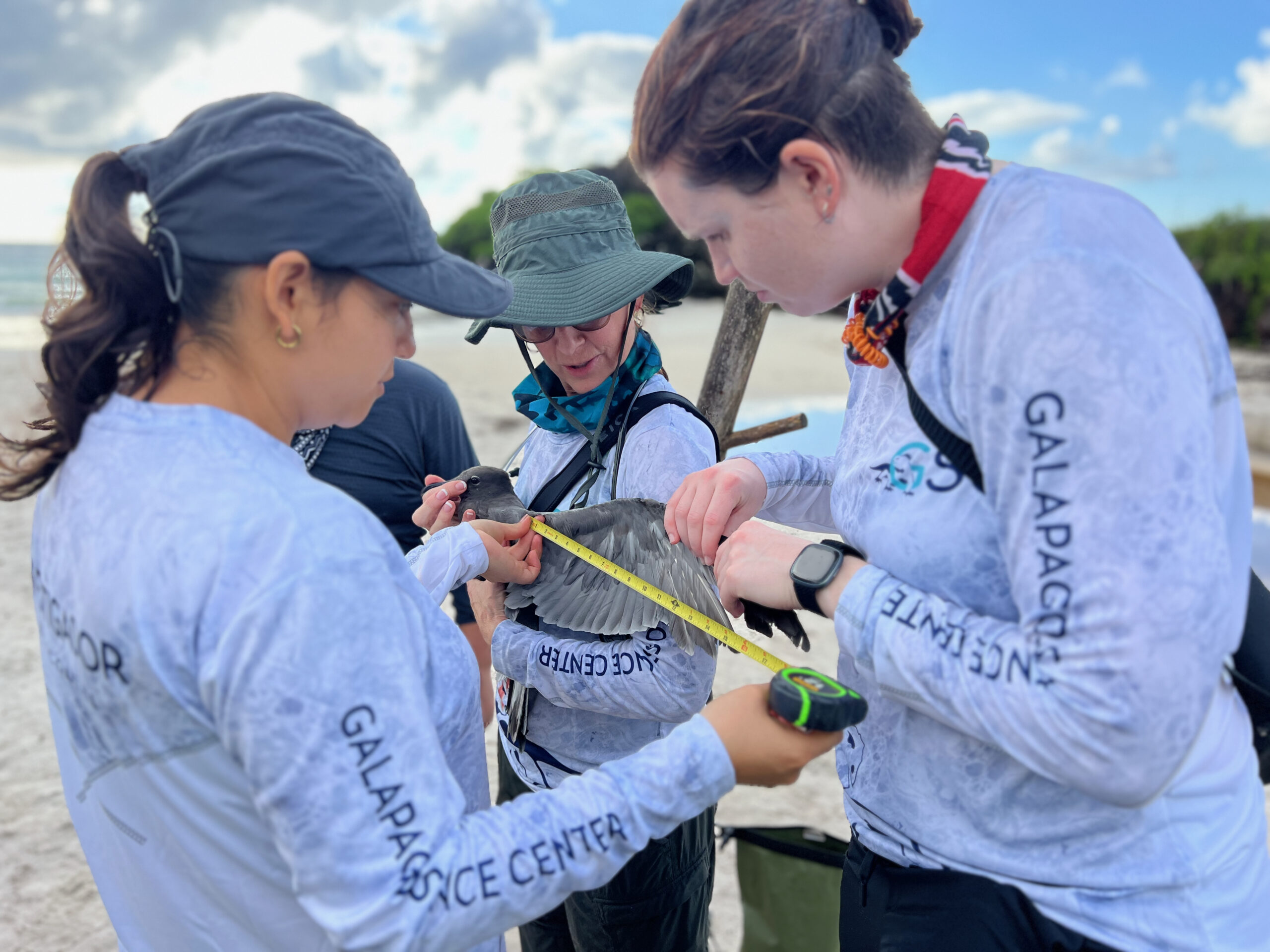This space has to be carefully managed in order to maximise productivity but also minimise negative impact.
Fishing, tourism and agriculture are the economic foundation of the people in the Galápagos. As the demand on tourism increases, the workforce dynamics have shifted towards this most profitable industry and it has implications that go much further than simply changing jobs. Models run by Steve Walsh and his team from the University of North Carolina at Chappel Hill help us understand how this shift in work dynamics can have an effect in the economic sustainability of the islanders and how this can also reduce the spread of the Guava.
The Guava is one of the most invasive plant species in the Galápagos Islands. Without management this species can easily and quickly spread, especially in those areas where native vegetation has been cleared to make room for crops. The eradication of this plant is labour intensive and as such, expensive.
Today, many fishing vessels are preferring exchanging their licenses for tourism patents and farmers are abandoning lands in favour of other ventures, like restaurants, hotels or other tourism related employment. The study revealed that the tourism guides the dynamics of employment and self-employment but it also showed that empowering farmers would have positive economic and environmental impacts.
As farmers are better rewarded, by receiving subsidies on the costs of the Guava eradication, agricultural productivity increases thus lowering the cost of living, making the islands more economically sustainable. Similarly, the effects of needing lesser goods brought from the continent reduce the probability of introducing more alien species. As agricultural lands come back into use, the Guava becomes better managed it reduces its unprecedented spread.
Although most importantly, empowering farmers has an even greater social impact. The interactions between man and nature are complex but this can be very positive for both if correctly guided. Promoting better living standards are the foundation of a stable economic society and this has escalating impacts across industries and generations. Rewards are seen not just in monetary but in their quality of life. Empowerment means better opportunities for the entire community and not just for the farmers.
Reference
Walsh, S.J., Miller,B.W., Breckheimer, I., McCleary, A.L., Guzman-Ramirez,L., Caplow, S.C., & Jones-Smith,J.C. 2009. Complexity theory and spatial simulation models to assess populationenvironment interactions in the Galapagos Islands. Short Papers. Galapagos Science Symposium. Learn more here.






